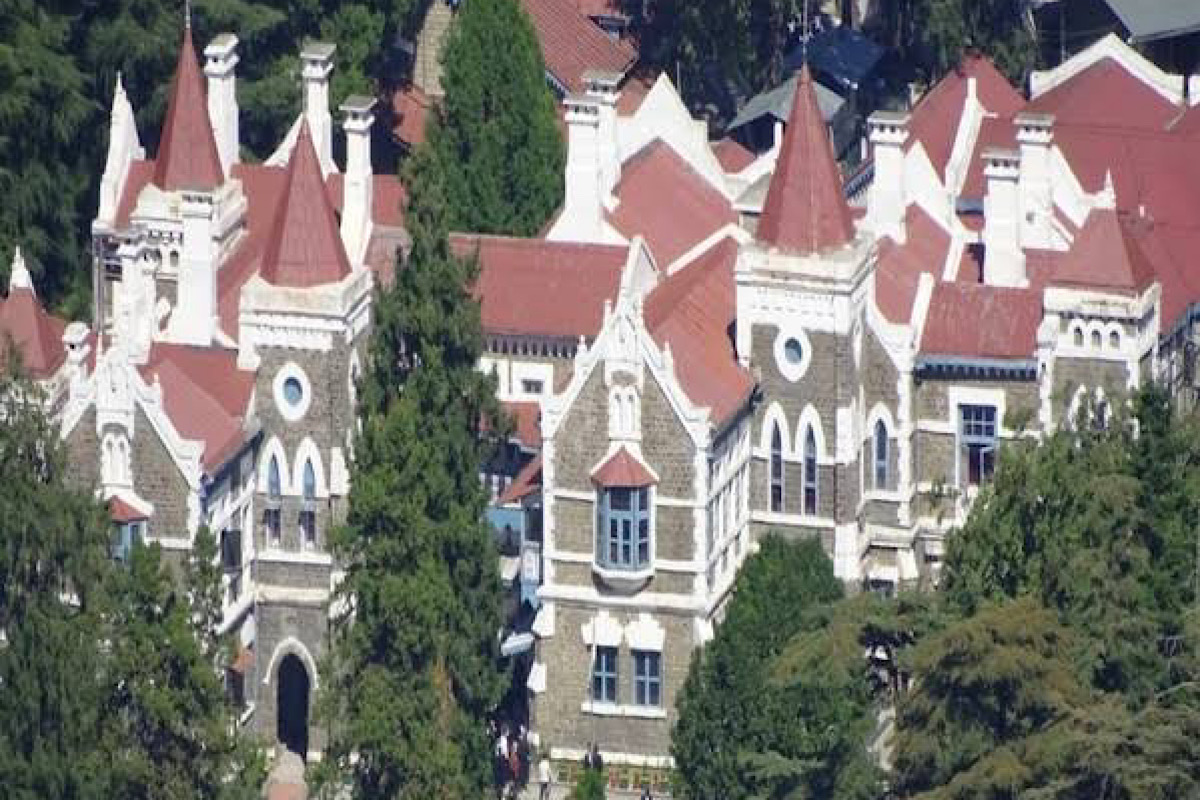Dhami asks officials keep strict vigil on heli tickets black marketeers
The CM directed state police particularly Vigilance department officials to remain vigilant once Chardham Yatra takes off early May.

Nainital High Court
Uttarakhand’s declining tribal ‘Vanrawat’ community that always remained cutoff from the rest of the world has found its voice in the Nainital High Court. The court questioned the state government and Center why the community has been deprived of the government welfare schemes and programmes.
The Nainital High Court on Wednesday asked the Union and Uttarakhand governments why this tribal population with barely 850 members in the pockets of the Udhamsingh Nagar, Champawat and Pithoragarh districts forest areas, remained untouched by the public welfare schemes for decades.
Advertisement
The court directed both the governments to file their replies.
Advertisement
The HC directive came during a hearing of a PIL filed by the Uttarakhand State Legal Services Authority for the protection of the Vanrawat tribals and provides them the benefits of government schemes.
The case was heard by a division bench of the HC comprising Chief Justice Vipin Sanghi and Justice Rakesh Thapliyal. The State Legal Services Authority in its PIL appraised the division bench that District Legal Services Authority Pithoragarh had conducted a comprehensive survey on the life and economy of the Vanrawat tribes in Uttarakhand.
As per the PIL, findings in the survey report had that ‘Vanrawats’ also known as ‘Vanrajis’ are located mainly in the forest villages of Pithoragarh, Champawat and Udham Singh Nagar district with their population around 850. The survey report claimed that Vanrawats have no access to the welfare schemes of the central and state governments in the last 75 years of Indian Independence.
The report further stated that these tribals are living in abject poverty without any government health services available to them resulting in their life expectancy being reduced to barely 55 years, much lower than national average of 70.19 years.
As per the PIL, the survey report claimed that primary health centers are 20 to 25 km away from the villages of Vanrawats. These villages lack even basic facilities like approach roads, education, electricity and drinking water. They have remained in seclusion from rest of the human world.
The HC in this order has asked the Uttarakhand and center to file their replies before next hearing on the PIL deferred for the first week of November.
It’s interesting that successive governments in Uttarakhand, according to the survey report, have repeatedly argued that Forest Rights Act 2006 of the centre was the main cause of preventing them from taking the benefits of their public welfare schemes to Vanrawats.
It’s significant that the Vanrawat tribe in Uttarakhand is considered to be most vulnerable ethnic group in the Himalayas on the verge of extinction.
Advertisement